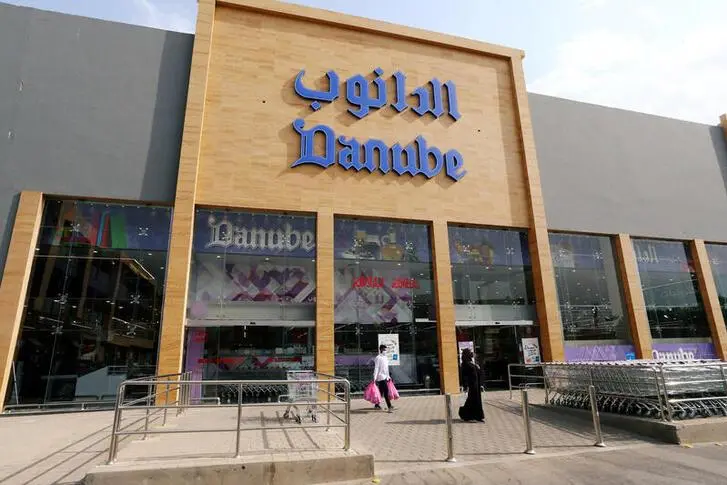PHOTO
Industry data in the UK showed that in one week in March, at the start of the first lockdown, sales of toilet paper surged 64 percent, while flour was up 73 percent, and pasta 55 percent.
While memes of toilet-roll stockpiling began trending on social media, in Saudi Arabia this did not occur, according to Ahmad BinDawood, CEO of BinDawood Holding, one of the Kingdom’s biggest supermarket operators.
He told Arab News: “We have seen some of the pictures of what was happening around the world. The operation level that happened here, especially from the government side and us as retailers, and from the customers’ side, was amazing.
“There was no shortage, we made sure that there were enough supplies always in the market and customers were also responding to that positively.
“If they don’t need something they won’t buy it. They weren’t doing any excessive buying. It was a smooth flow of goods coming to the market. The supply was there, and we have successfully passed the difficult times of 2020,” he said.
With people spending more time at home, the digital revolution was sent into overdrive. Luckily, BinDawood had invested in its online presence four years ago. “We immediately responded to the changes that were happening with consumers when it came to shopping.”
He noted that customers made fewer visits to physical stores but purchased more items online.
“What we have seen from customers during the pandemic was they have started coming less frequently, but with bigger basket sizes; that was one of the major changes. Second, customers preferred buying their ingredients and cooking at home to avoid possibly contaminated food. We responded immediately to the ingredients that the customers were looking for in our social media platforms,” he added.
While the company’s online orders soared, BinDawood pointed out that Saudi consumers still preferred going to a physical store.
“The primary way that the customer prefers to shop is actually visiting the stores, not through online. Online shopping is still going to be good for the future but so far we see that the customer prefers to shop in stores to have that experiential element when they come,” he said.
Uncertainty surrounding the COVID-19 pandemic did not impact the firm’s balance sheet. In March, BinDawood Holding Co. reported a net profit after Zakat and tax of SR447.7 million ($119.39 million) for 2020, up 7 percent year-on-year.
The family business opened its first supermarket in 1984, having previously operated gift shops and perfumeries targeting pilgrims.
“The first supermarket was opened by my father and my uncles and that was in Makkah under the brand name BinDawood, and then from there we expanded and opened different stores within the city of Makkah.
“We then moved to Jeddah, then Madinah, and the acquisition of Danube took place in 2001.”
With the two brands, BinDawood and Danube, BinDawood Holding has a network of 74 stores in 15 cities throughout Saudi Arabia. In 2019, the company announced plans to reach 100 stores by 2024, meaning an average of five to six stores per year. It is now looking at opportunities for expansion in terms of product offerings and within different formats.
In December, BinDawood revealed that its first international Danube store outside the Kingdom would be located in Bahrain. The 5,305-square-meter hypermarket in the Al-Liwan Project is expected to open its doors to customers on Oct. 4.
The company also has wider international plans, and according to a Bloomberg report was looking at possible acquisitions in neighboring countries.
Copyright: Arab News © 2021 All rights reserved. Provided by SyndiGate Media Inc. (Syndigate.info).





















